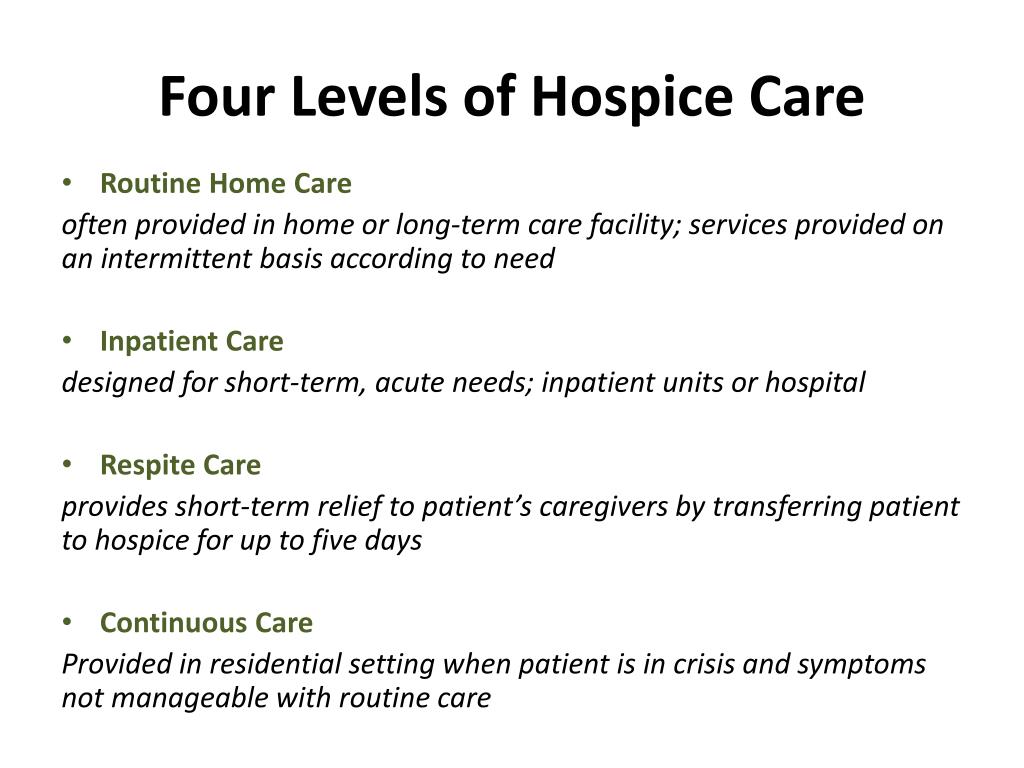
Seniors who want to improve their fitness and strength can benefit from the Stay Active and Independent for Life Program (SAIL). It lowers their risk of falling, and it improves their mobility. The program is offered at no cost to Washington residents older than 65. Read on to find out more about SAIL. This article will give a quick overview about the program and what it can do to help you. This program is for seniors and requires no registration or membership fees.
Non-Medicaid Programs
Senior services provided by non-Medicaid programs can be an excellent option for older adults in need of a little extra help. Washington State boasts a large senior population. The state has nearly one million residents. Washington State is home to many national parks, including the Space Needle.
If your loved one or you aren't eligible for Medicaid, it is possible to apply for a CFCO. The CFCO, a non-profit organization, provides services for those who don't have insurance or money. It is accessible to seniors and people living with disabilities. Funded by the Washington State Health Care Authority, it is free. Eligibility requirements vary depending on medical need and Social Security eligibility.

Keep active and independent for your whole life
Stay Active and Independent is a program that helps seniors maintain their strength, balance, independence, and overall health. This program is designed to help seniors live a healthy lifestyle and reduce their risk of falling. The program participants meet two to three times per week to engage in various activities. Participants are encouraged to practice the exercises that they learn to increase their strength and balance. The class is free of charge and is open to all Washington residents.
Washington has the 13th highest household income, at $50,000. However, the state's seniors are less likely to work than the rest of the country. This includes whites as well as non-whites. It also includes people with Native American, Alaska Native and Asian ancestry.
Nurse Delegation Program
The Nurse Delegation Program in Washington State allows nurses to delegate nursing tasks to certified caregivers. This program is governed under state law. Registered nurses are allowed to delegate client care tasks. After completing training and a certification exam, certified caregivers are qualified to perform nurse delegation tasks.
Caregivers must hold a high-school diploma and CPR certification to be eligible for the program. They must also possess at least one year of previous home care experience. They must also have reliable transportation.

In-home care workers
Washington state's Office of Health Systems Oversight requires that home health care workers be licensed and certified. OHS conducts both routine federal surveys and complaint investigations to ensure that home-health care providers adhere to the state's high standards. Washington has more than 400 home care agencies. All must adhere to the same safety and health standards for licensure. During every licensure period, the Office of Health Systems Oversight surveys each of these agencies. These surveys are scheduled and unannounced.
Washington state allows individuals to hire or hire in-home care workers through a home healthcare agency. These workers could also be relatives or friends who reside nearby. Family members, but not spouses, may be employed as caregivers. This caregiver must be a member of Service Employees International Union Local775 and have passed a background check. Once hired, payments will be made to the caregiver and are made by the case manager.
FAQ
What will be the impact on the health care industry if there will be no Medicare?
Medicare is an entitlement program which provides financial assistance for low-income people and families who are unable to afford their premiums. This program is used by more than 40 Million Americans.
Millions of Americans could lose coverage without this program because private insurers wouldn't offer policies to people with preexisting conditions.
What are the services of health care?
A health-care service is a medical establishment that provides healthcare services to patients. A hospital is an example. A hospital usually has many departments, such as an emergency department, an intensive care unit, an operating room, pharmacy and outpatient clinics.
Which are the three types in healthcare systems?
The first system is a more traditional system that gives patients little choice about who they see for treatment. They visit hospital A if they are in need of an operation. But otherwise, it is best to not bother as there is little else.
The second is a fee for service system in which doctors make money according to how many tests, procedures, and drugs they do. They won't do extra work if they don't get enough money. You will pay twice as much.
The third system is called a capitation. It pays doctors based upon how much they actually spend on healthcare, rather than the number of procedures they perform. This encourages doctors and patients to choose less costly treatment options such as talk therapies over surgery.
What are the different types and benefits of health insurance
There are three main types:
-
Private health insurance covers most costs associated with your medical care. This type of insurance is often purchased directly from private companies, so you pay monthly premiums.
-
While public insurance covers the majority cost of medical care there are restrictions and limitations. Public insurance, for example, will not cover routine visits to doctors or hospitals, labs and X-ray facilities.
-
To save money for future medical expenses, medical savings accounts (MSAs) can be used. The funds are held in a special account that is separate from any other kind of account. Many employers offer MSA programs. These accounts do not have to be taxed and can earn interest at the same rate as bank savings.
What happens if Medicare disappears?
Uninsured Americans will increase. Employers may decide to drop employees from their plans. Senior citizens will have to pay higher out of pocket for prescription drugs and medical services.
Statistics
- For the most part, that's true—over 80 percent of patients are over the age of 65. (rasmussen.edu)
- Foreign investment in hospitals—up to 70% ownership- has been encouraged as an incentive for privatization. (en.wikipedia.org)
- The health share of the Gross domestic product (GDP) is expected to continue its upward trend, reaching 19.9 percent of GDP by 2025. (en.wikipedia.org)
- Price Increases, Aging Push Sector To 20 Percent Of Economy". (en.wikipedia.org)
- Healthcare Occupations PRINTER-FRIENDLY Employment in healthcare occupations is projected to grow 16 percent from 2020 to 2030, much faster than the average for all occupations, adding about 2.6 million new jobs. (bls.gov)
External Links
How To
How to Locate Home Care Facilities
People who need assistance at home are assisted by home care facilities. Home care facilities can be used by elderly or disabled individuals who are unable to get around on their own, as well those suffering from chronic diseases like Alzheimer's. These facilities provide personal hygiene, food preparation, laundry and cleaning services, as well medication reminders and transportation. They often collaborate with rehabilitation specialists, social workers, and medical professionals.
The best way to find a home care service provider is through recommendations from friends, family members, local businesses, or online reviews. After you've identified one or two providers you can start to ask about their qualifications, experience, and references. Flexible hours are important so they can work around your schedule. Check to see if there is an emergency response available 24/7.
Consider asking your doctor for recommendations. You can search online for "home care" or "nursing homes" if you aren't sure where to look. For example, you could use websites like Yelp, Angie's List, HealthGrades, or Nursing Home Compare.
For more information, you can also contact your local Area Agency on Aging or Visiting Nurse Service Association for further assistance. These agencies will provide a list of local agencies that offer home care services.
Because many home care agencies charge high fees, it is essential to choose a reliable agency. In fact, some agencies charge up to 100% of a patient's income! To avoid this problem, you should be sure to choose an agency that has been rated highly by the Better Business Bureau. Ask for references from clients who have used your agency before.
Some states require home care agencies registered with the State Department of Social Services. You can check with your local government to find out which agency registration requirements apply.
There are many things you need to remember when selecting a Home Care Agency:
-
Be cautious of companies that require you to pay upfront in order to receive services.
-
You should look for a well-established and reputable business.
-
Particularly if you pay out-of-pocket, be sure to get proof of insurance.
-
Verify that the state has granted the agency license.
-
Get a written contract that outlines all costs involved with hiring an agency.
-
Verify that follow-up visits are provided by the agency after discharge.
-
Ask for a list with certifications and credentials.
-
You should not sign anything without thoroughly reading it.
-
Read any fine print carefully.
-
Insure and bond the agency.
-
Ask how long the agency has been operating.
-
Verify that the State Department of Social Welfare has licensed the agency.
-
Find out if complaints have been filed against the agency.
-
Call your local government department that regulates home care agencies.
-
You should ensure that the person answering the phone has the qualifications to answer your questions about homecare.
-
To ensure that you fully understand the tax implications of home care, consult your accountant or attorney.
-
Always solicit at least three bids per home care agency.
-
Do not accept a lower bid than the best, but at least $30 per hour.
-
Remember that you may need to pay more than one visit to a home care agency daily.
-
When signing contracts, read everything carefully.